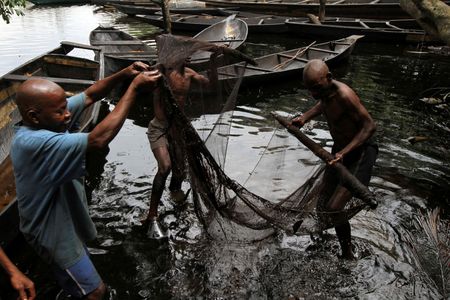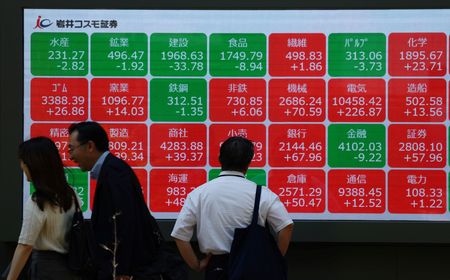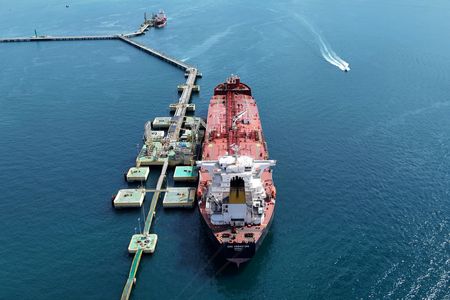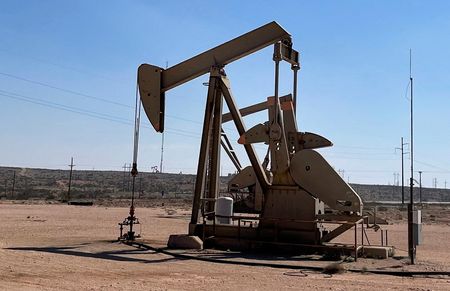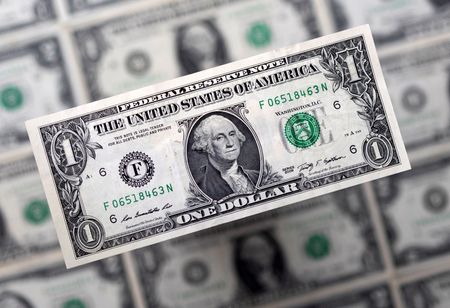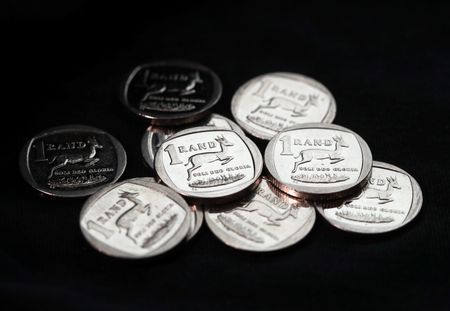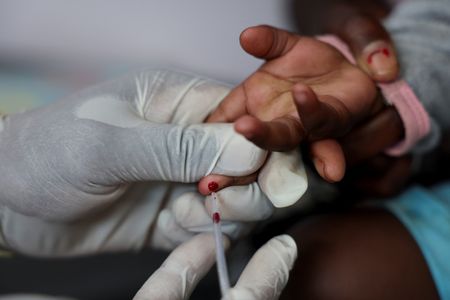YENAGOA, Nigeria (Reuters) – Nigeria’s Trans Niger Pipeline, a major oil artery transporting crude from onshore oilfields to the Bonny export terminal, burst and spilled oil into the local B-Dere community in Ogoniland, an environmental rights group said on Thursday.
This is the second incident affecting the Trans Niger Pipeline in two months. In March, the pipeline was shut after a blast that caused a fire.
Nnimmo Bassey, executive director of Health of Mother Earth Foundation, said the spill, which occurred on May 6, was yet to be stopped, adding that the slow response showed a lack of care for the people and was “unconscionable.”
“We are in a disaster zone and further disasters can erupt from even an accidental spark of fire,” he said. “The fact that this spill that happened a week ago is yet to be stopped sends a very strong point to why the government should focus on cleaning up Ogoniland and not seek to open new oil wells. The old wells should be shut down, and decommissioned.”
Ogoniland, one of Africa’s earliest crude oil producing areas, has been dealing with oil pollution for decades, but its profits have often flowed to the big oil companies and to Nigerian state coffers. Local residents have long complained of toxic waste and little compensation.
Nigerian oil consortium Renaissance Group, which now owns Shell’s former onshore subsidiary that operates the pipeline, confirmed the explosion and said a team of investigators has been dispatched to determine the cause of the spill.
The Trans Niger Pipeline (TNP), with a capacity of around 450,000 barrels per day, is one of two conduits that export Bonny Light crude from Nigeria, Africa’s biggest oil producer.
It was not immediately clear whether the TNP was shut. TNP did not immediately provide a statement when asked for comment. A prolonged outage could, however, force its operators to declare force majeure on Bonny Light exports.
Pipeline sabotage and crude theft are some of the major reasons that forced oil majors like Shell, Exxon Mobil, Total and Eni to sell their onshore and shallow-water fields in Nigeria to concentrate on deep-water operations.
Renaissance Group, which includes Nigerian exploration and production companies Aradel Energy, First E & P, Waltersmith, and ND Western, along with the international energy group Petroline, completed the acquisition of Shell’s former onshore assets in March. (This story has been refiled to add missing articles in paragraphs 1, 2 and 4)
(Writing by Chijioke Ohuocha; Editing by Aurora Ellis)

